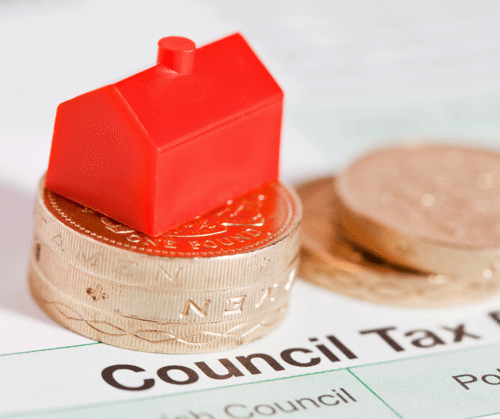Households in England and Wales will see a significant increase in the cost of Council Tax from April next year. Homes in category H will see their annual bill rise by £217, while other properties will see larger increases.
The average increase is set at £109 per household. The government’s funding policy for councils has been adjusted, as reflected in these changes.
Council Tax 2024-25: Increased Rates Add Pressure on Households
Council tax year 2024-25 will see a 5.1% increase in average council tax for Band D properties, a benchmark category, to £2,171. Annual levies for band H, the highest tax band, will rise from £4,342 to £4,559. For households already facing high living costs in other areas, this is a major constraint.
As a result, the 4.99% cap on Council Tax increases has been retained, allowing local authorities to raise more money without holding a local referendum. The government says the strategy could help councils raise an extra £1.8 billion by the 2025-2026 tax year.
The Minister for Communities, Matthew Pennycook, stated that these funds, which are partly offset by revenues from business rates and new build taxes, are needed to maintain public services and close budget deficits.
Breakdown of council tax increases
Below is a short summary of the main changes to council tax for different property bands:
| Band | Current Rate (2023-24) | New Rate (2024-25) | Increase |
|---|---|---|---|
| Band D | £2,065 | £2,171 | £106 |
| Band H | £4,342 | £4,559 | £217 |
Opposition Raises Concerns About Financial Pressure
Despite these projected benefits, opposition parties and local leaders have voiced concerns. Shadow communities minister David Simmonds criticized the policy, arguing that it imposes an unfair burden on households already stretched by the rising cost of living. He highlighted a £2.4 billion shortfall in council funding, warning that critical services could still face cuts despite increased taxation.
In response, Pennycook dismissed these claims, attributing the supposed gap to flawed calculations. He reaffirmed the government’s commitment to a fair funding strategy and noted that further details would be provided in the upcoming local government finance settlement, which will outline financial allocations and policy implications for local councils.










If I could afford a band H house I’m sure I could afford the council tax stop bleeting
Council Tax in the UK is 400% more than council Tax in the Netherlands.
For the same service, rubbish etc